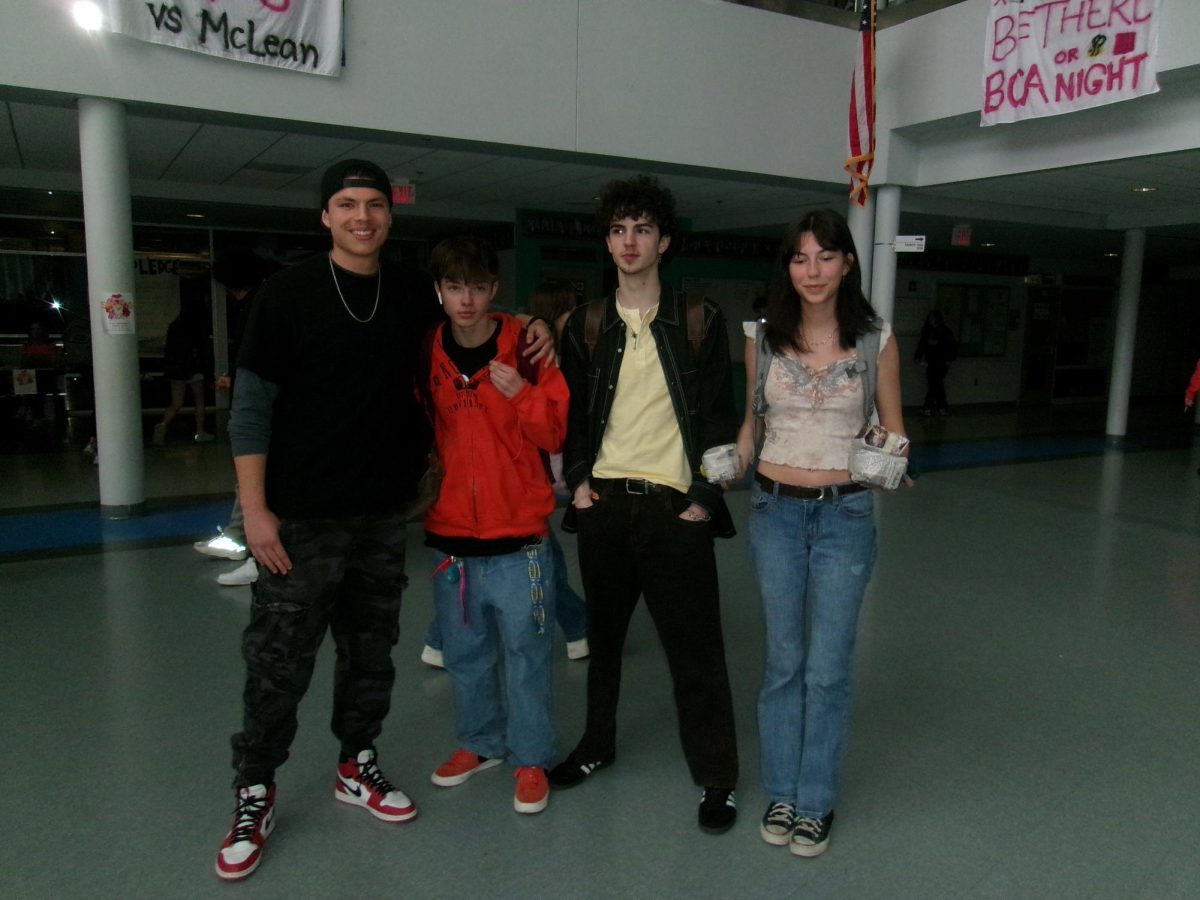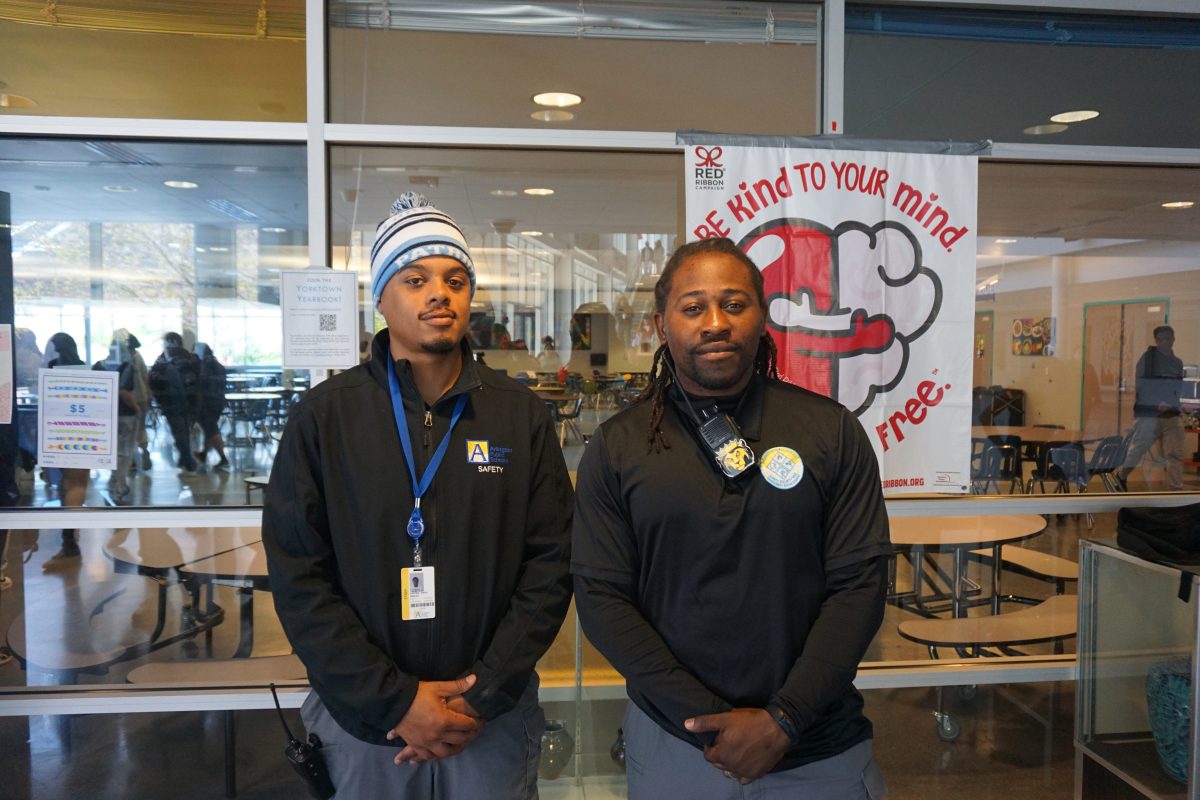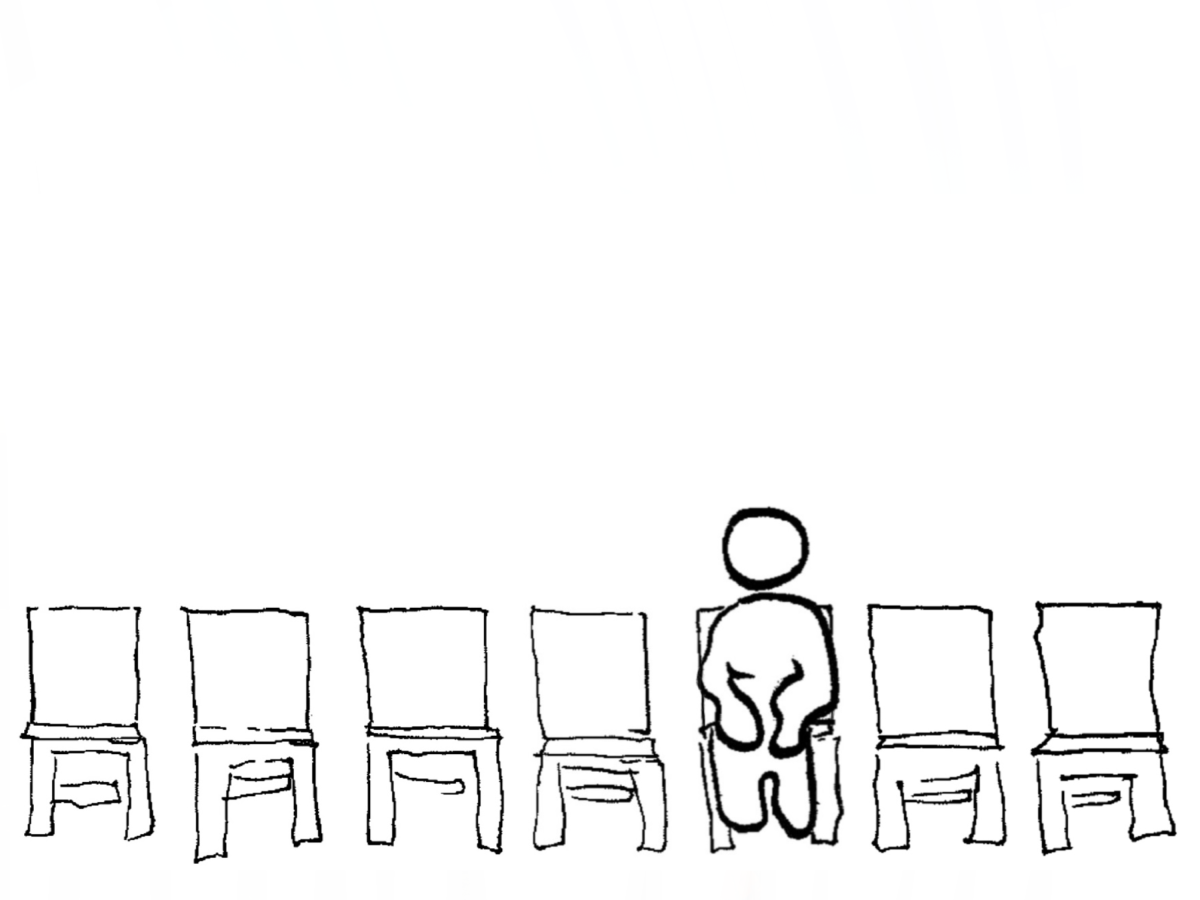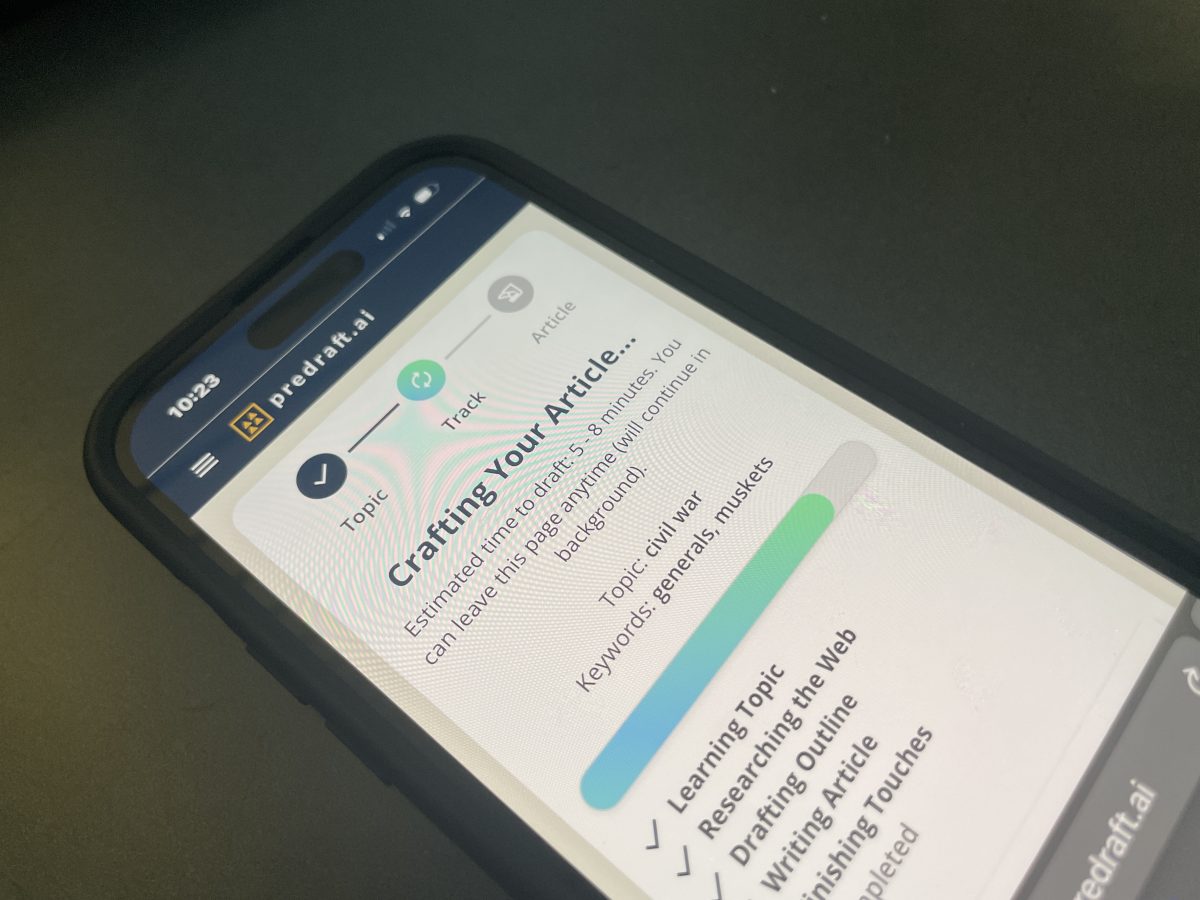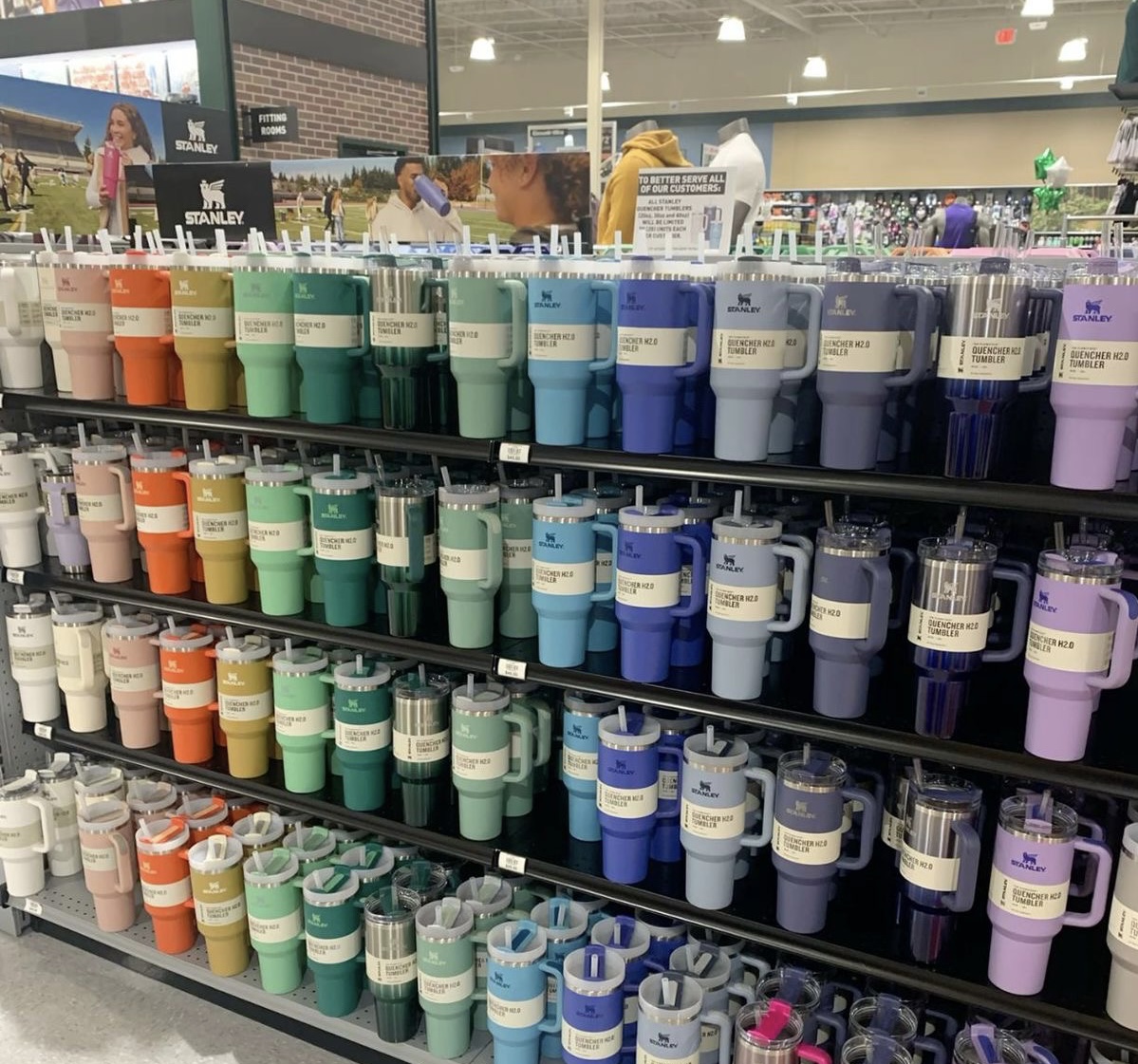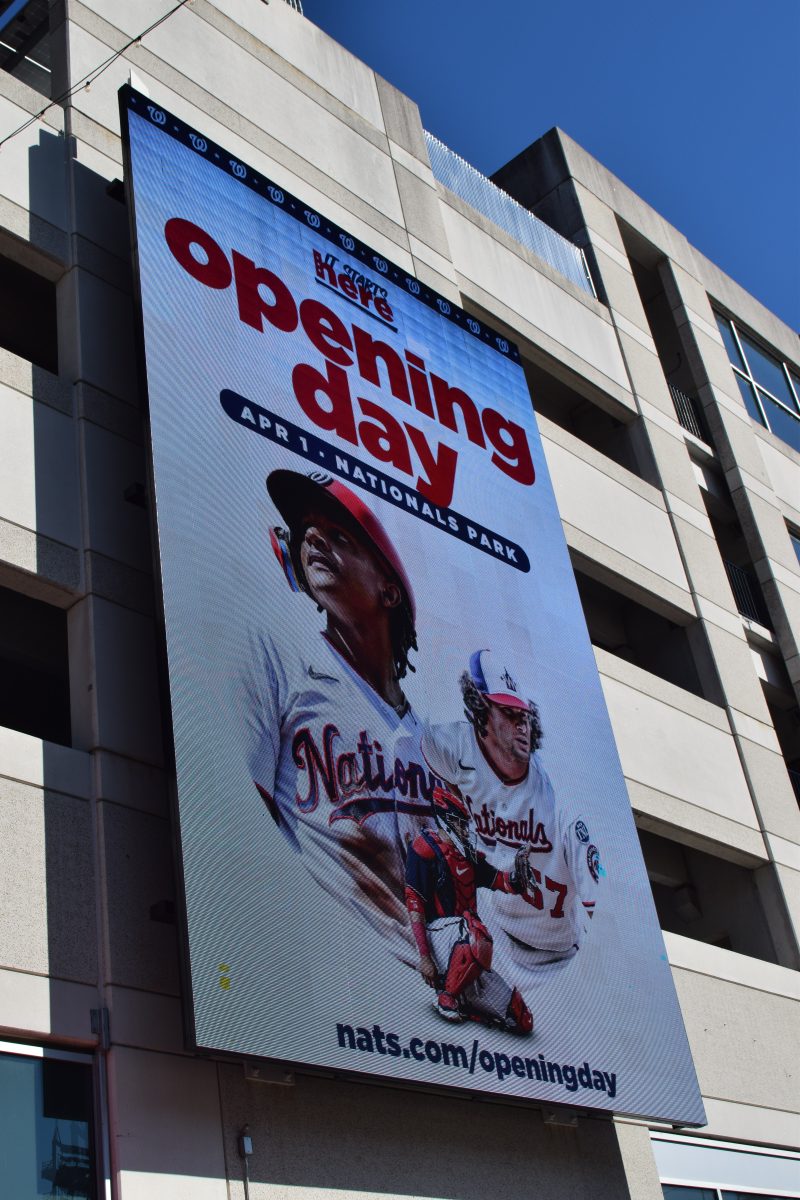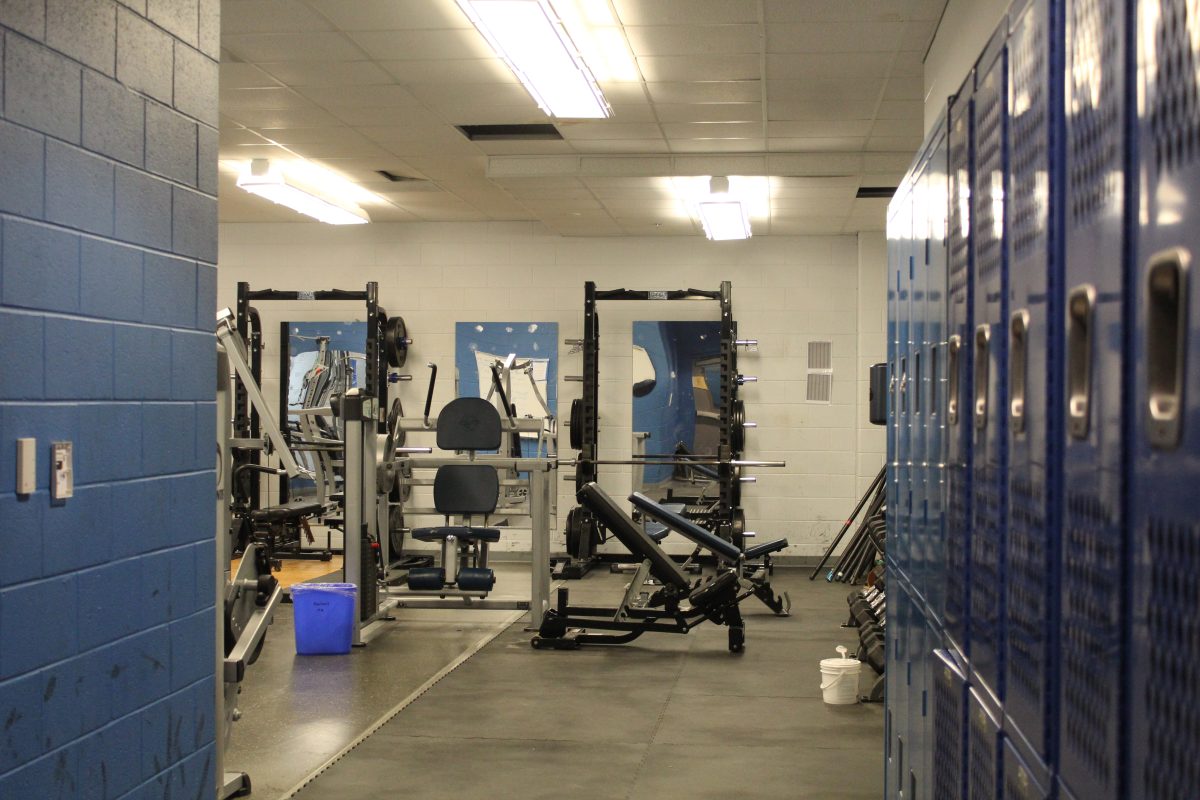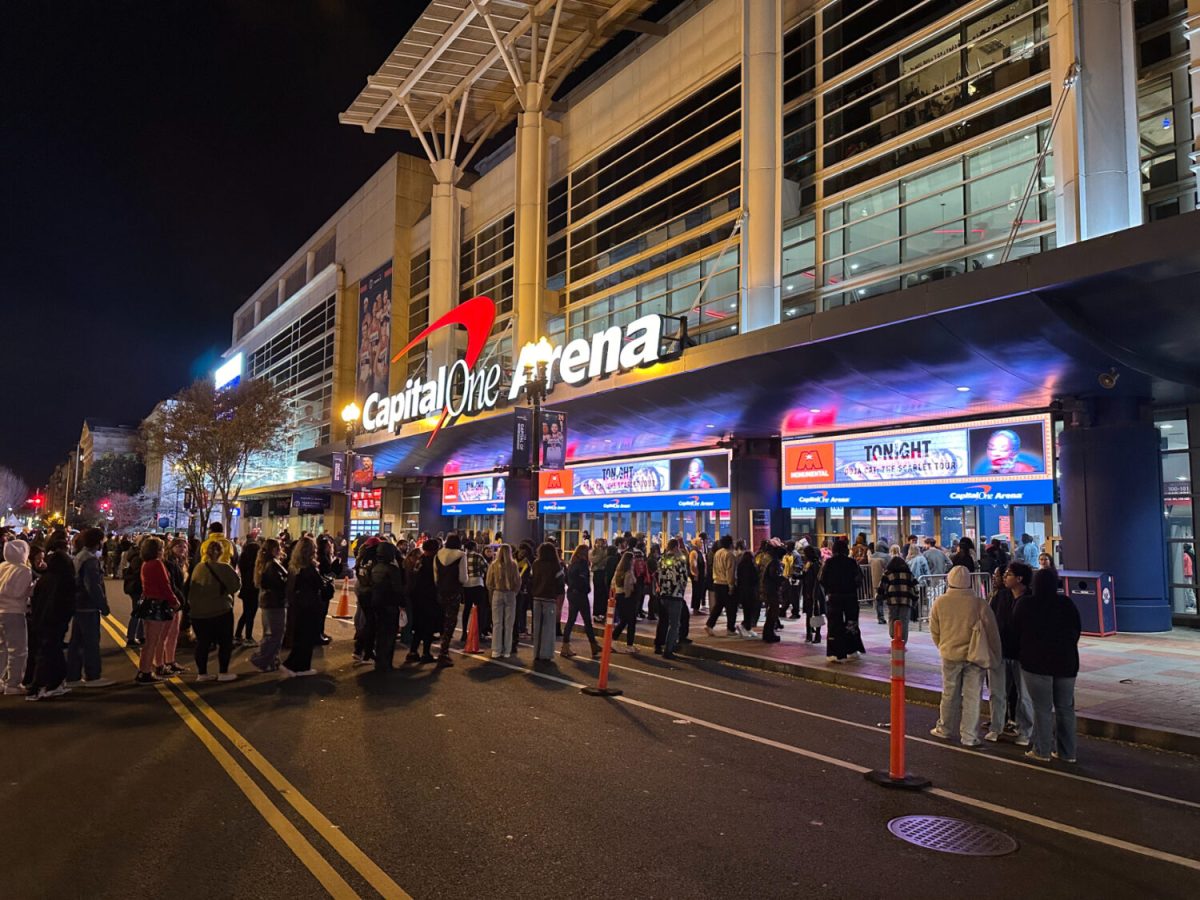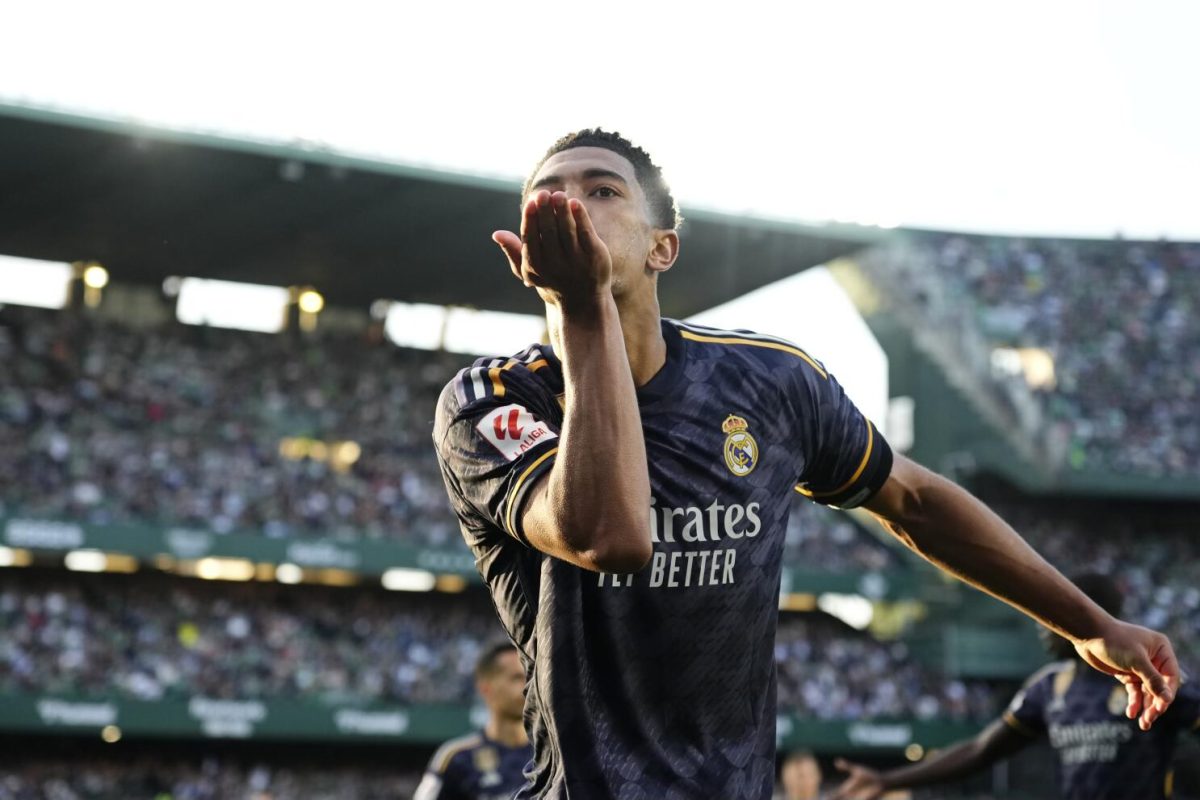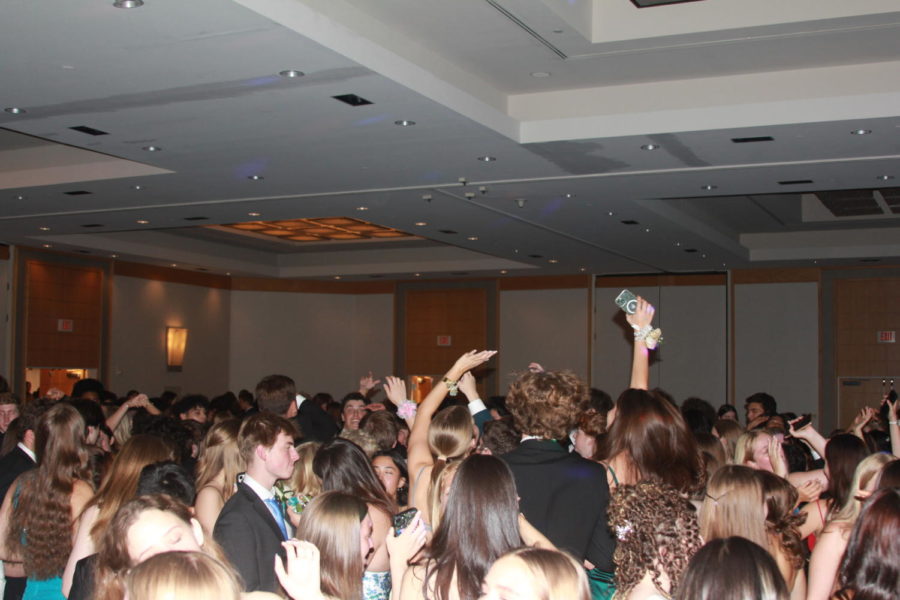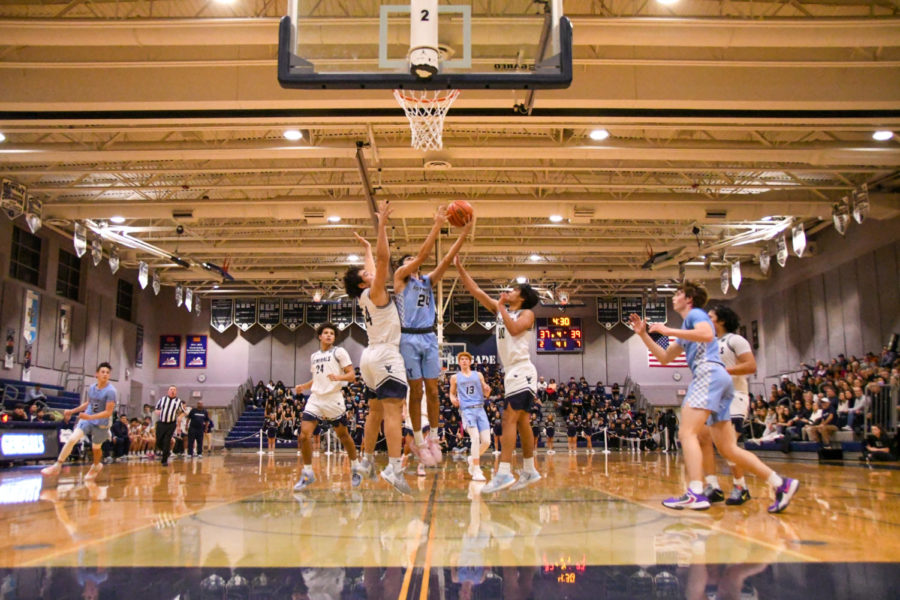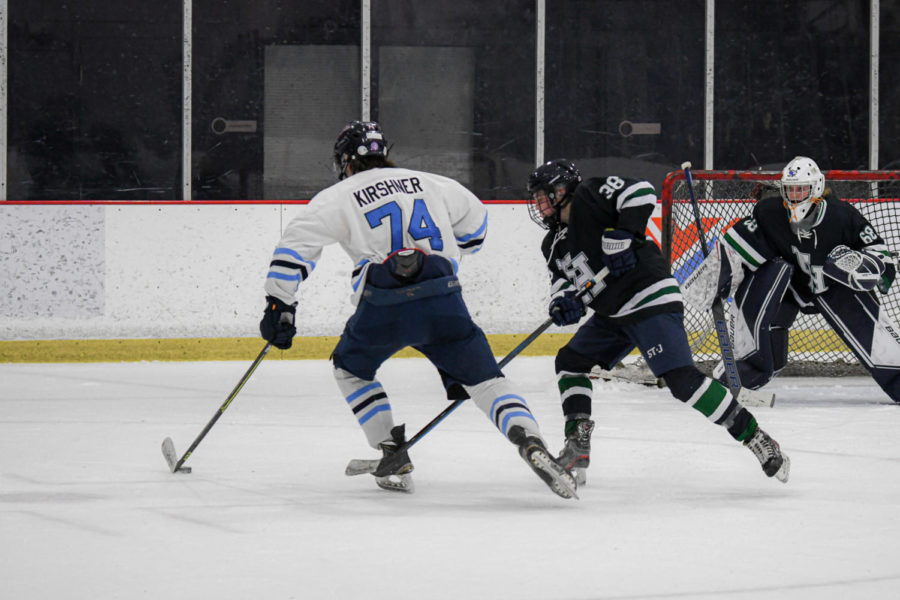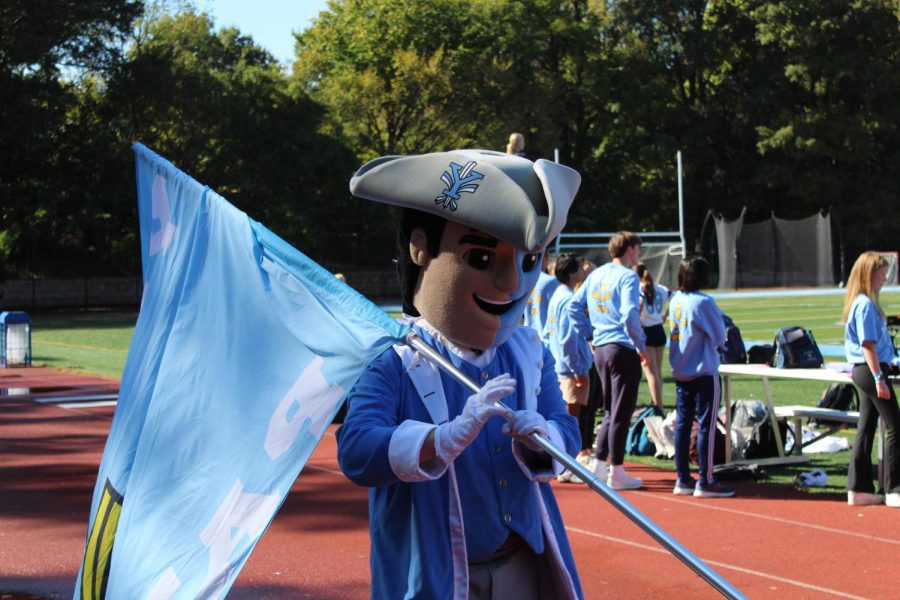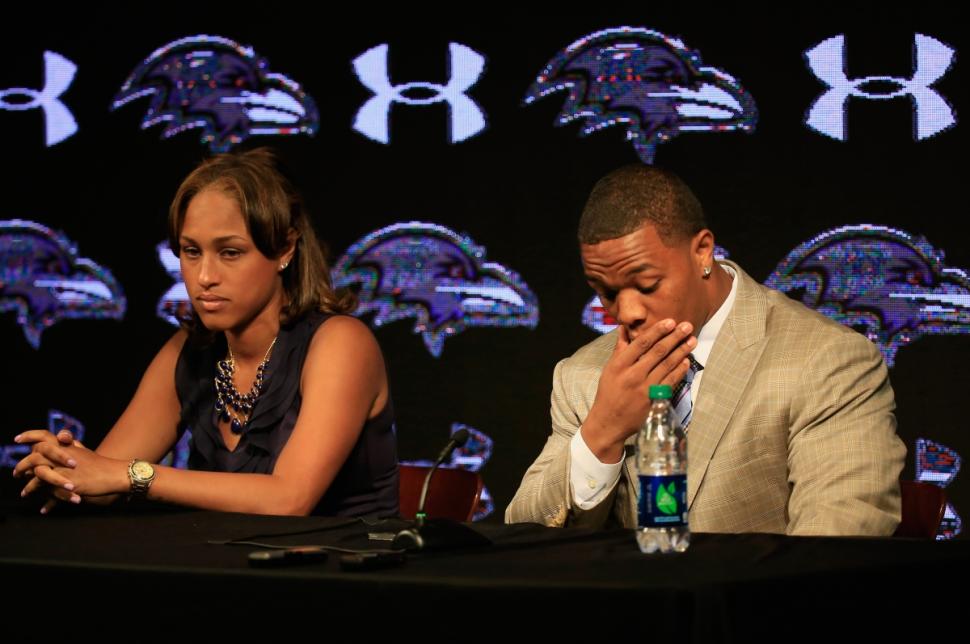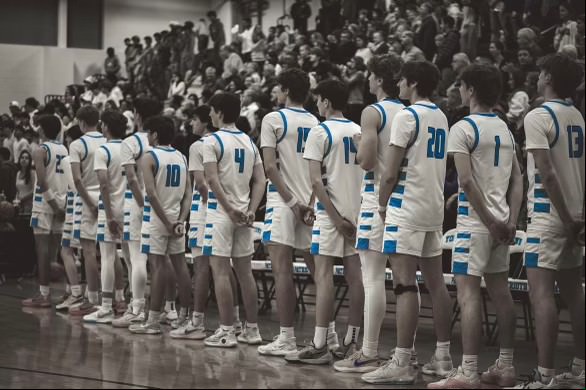By Emma Westerhof
Sentry Staff Reporter
Due to the fact that there are countless case studies suggesting domestic violence is the number one crime perpetrated by athletes, is it natural or fair to conclude that on-field violent behavior leads to off-field violence? In the aftermath of the Ray Rice and Adrian Peterson domestic violence episodes, this concern has consumed the media and the football world. Researchers agree that an athlete’s upbringing, natural disposition, alcohol and drug consumption history and socioeconomic status are factors that impact statistical findings. However, common sense suggests that people who become accustomed to using physical intimidation and violence in sport naturally revert to those behaviors when facing conflict outside of sport. In fact, many researchers attribute the pervasive domestic violence cases to American culture and notions of masculinity that influence players, as well as to corrupt and lawless commissioners like Roger Goodell, who believe the integrity of the game is secondary to profit. One thing is absolutely certain: the NFL has been as devoted to covering up or mitigating domestic violence scandals, as Americans are to the sport itself. If the problem persists while media outcry and public protest continue to intensify, the NFL players will face much more than a red flag.
On February 15 2014, Baltimore Ravens running back Ray Rice and his then-fiancee, Janay Palmer, were involved in an early-morning fight on an elevator in an Atlantic City, New Jersey, casino. Directly after the incident, TMZ Sports had released hotel surveillance video of Rice dragging an unconscious Palmer out of the elevator where he attacked her. After a court hearing in which Rice pleaded not guilty to aggravated assault, the football player was cleared of all charges. A meeting was held several days later with Goodell and the NFL announced a two-game suspension for Rice, starting August 30. Overwhelmed by public outrage at the pitifully inadequate punishment, the NFL established a six-game unpaid ban for personnel who violate the league’s policy on domestic violence. A second incident would be punished by a lifetime ban from the league. On September 8, TMZ released surveillance footage from inside the elevator showing Rice punching Palmer. Hours later, the Ravens terminated Rice’s contract and Goodell announced Rice’s indefinite suspension from the NFL. The league claimed it had not seen the video from the elevator’s interior until that Monday. A similar incident provoked even more public indignation when Minnesota Vikings star running back Adrian Peterson was indicted by a Montgomery County, Texas, grand jury on charges of reckless or negligent injury to a child on September 12, 2014. He was subsequently deactivated for only one game by the Vikings. Photos posted on TMZ.com revealed his 4-year-old son’s legs with slash-like wounds. The prosecution in the case alleges that Peterson used a tree branch to beat his young son repeatedly on his back, buttocks, genitals, ankles, and legs.The league is now expected to give Peterson a heavy, lengthy suspension, however Goodell and other NFL officials are currently searching desperately for a story cover-up and will do everything in their power to play this abuse case off as child discipline. Goodell remains more concerned with playing defense in a public relations nightmare, than making necessary changes to weak policies.
The Rice and Peterson cases are only the tip of the iceberg for the NFL’s dark history of domestic violence. The existence of Rice’s elevator attack video turned what had been a serious but abstract problem into a scandal by bringing greater awareness to the NFL’s pattern of tolerating high rates of domestic violence. But it did not prompt enough people to explore why. The story became a exciting conspiracy and the problem seemed to have an easy solution: get rid of Goodell. While it is not even a question that Goodell should resign and recognize the way he hurt the sport, it is foolish to say he is what is wrong with football.
The problem with football is that inflicting pain has been romanticized. Ask any fan about their game traditions and you will understand that football is much more than watching the sport on television or live. From the chicken wings and beer to the fantasy leagues and popular commercials, football is ingrained in American culture. Unfortunately, aggression has also been ritualized and the NFL has come to symbolize a notion of American masculinity in which violence is an integral part. Football is our culture’s version of the gladiator games in Ancient Rome and it is a great pageantry or parade of violence.
Writer and editor for Grantland, Louisa Thomas perfectly summed up the nature of football. As an avid fan of the sport, Thomas deliberately acknowledged the fact that there are many ethical and law-abiding athletes in the league. However, she also clearly illustrated how the job they do is part of a culture of aggression.
“Football is a pantomime of war, down to the pseudo-military tactics. But it is not a pantomime of violence. It is actual violence,” said Thomas.
In an ideal world, the NFL would confront players about domestic violence, provide intensive anger management and increase penalties. It should fire corrupt commissioners and appoint more women to positions of power. Any solutions that would have a lasting effect on the sport must also directly target our culture’s projection of masculinity and call out the NFL’s behind-the-scenes camaraderie and self-preservation efforts that keep players from being honest about domestic violence. True, Goodell is belatedly promising harsher penalties. However, he and the other tone-deaf NFL officials allow omertá to pervade the league and are missing out on an opportunity to educate Americans that abuse of women and children is not just illegal, but wrong.
Featured Image by Rob Carr/Getty




